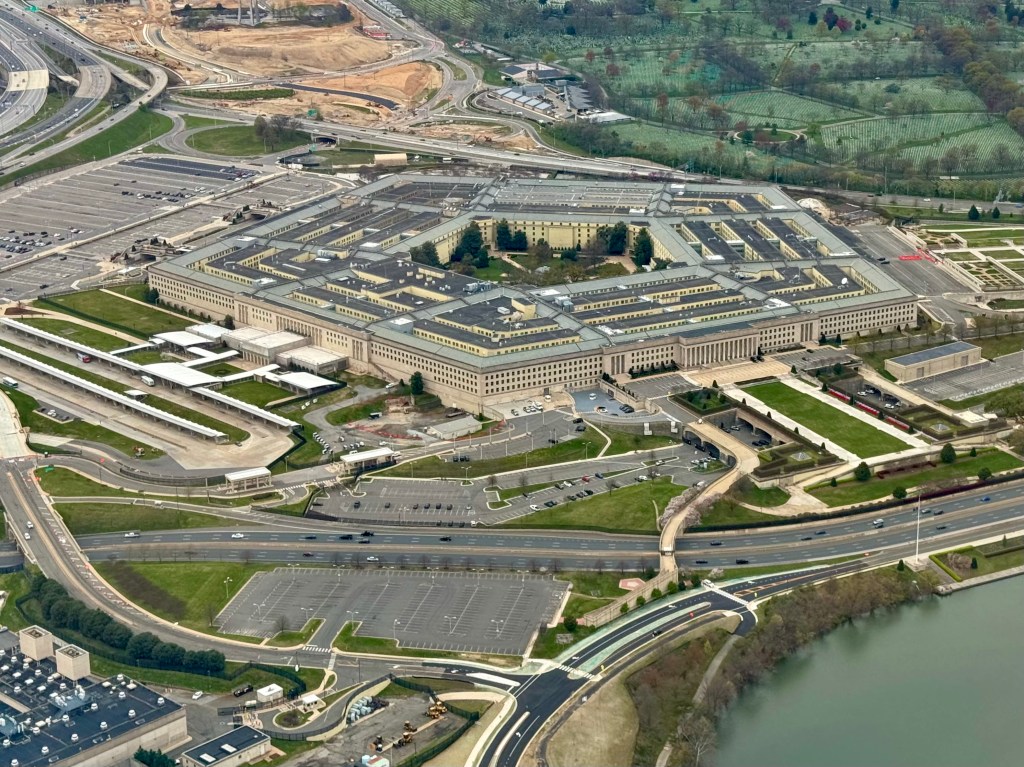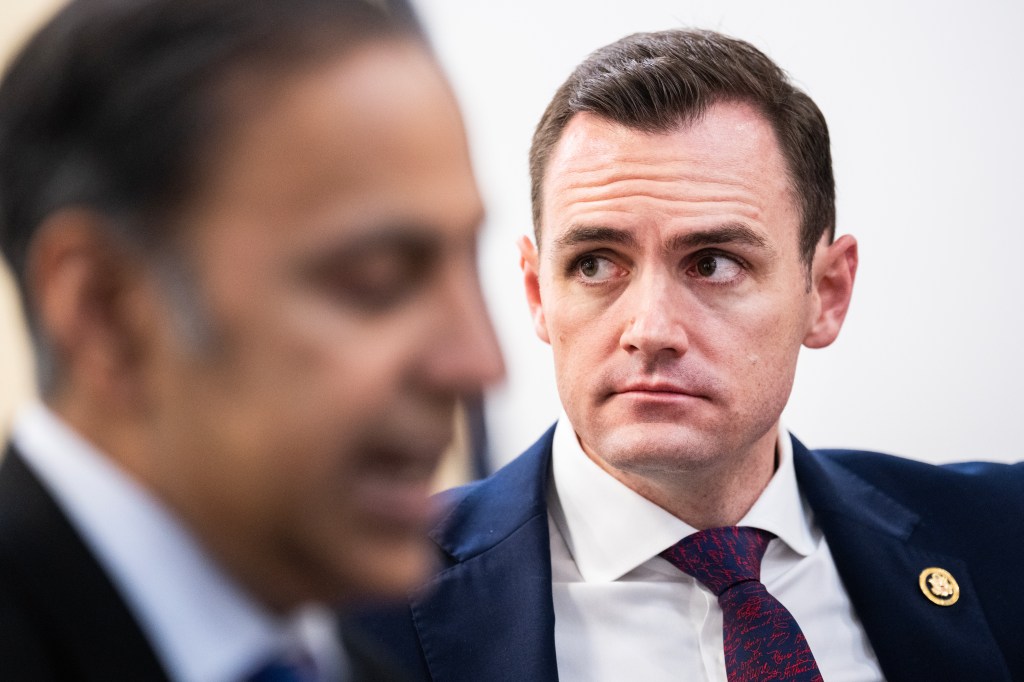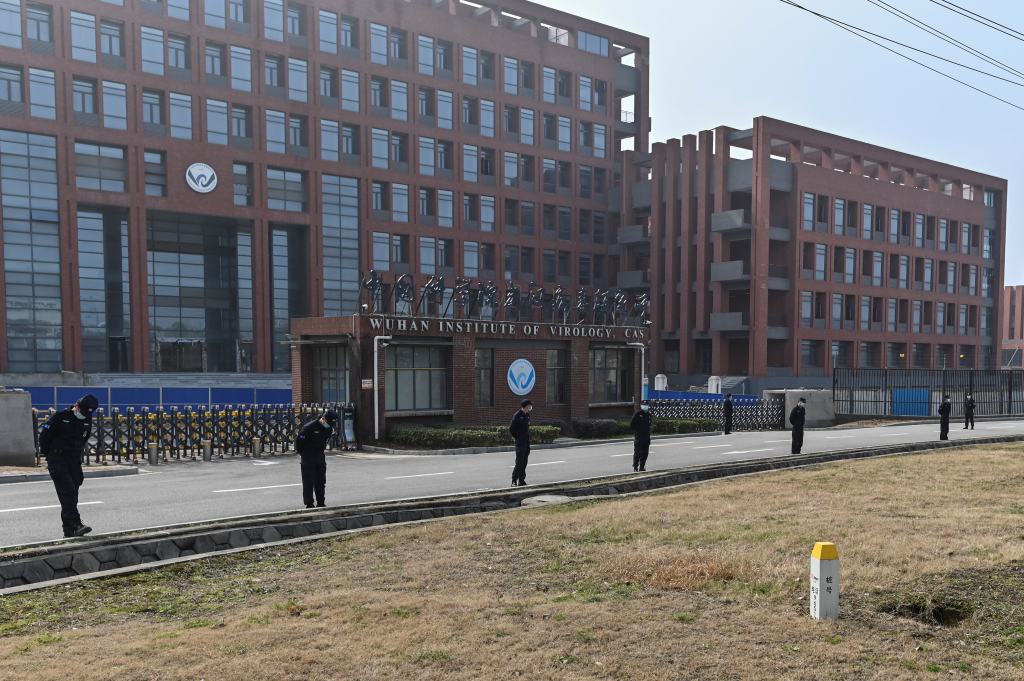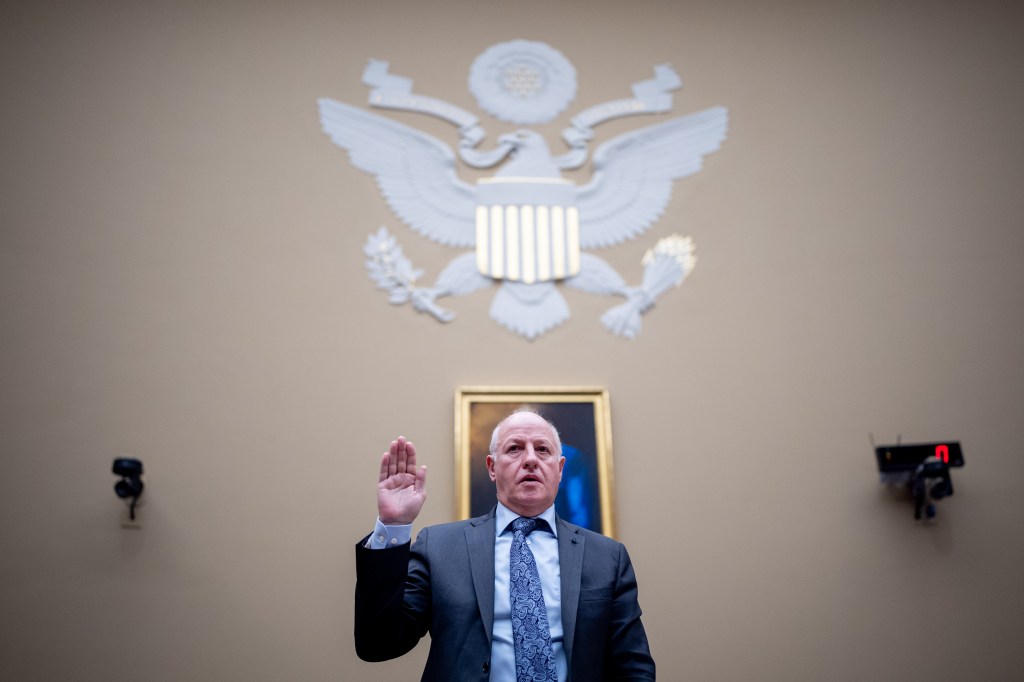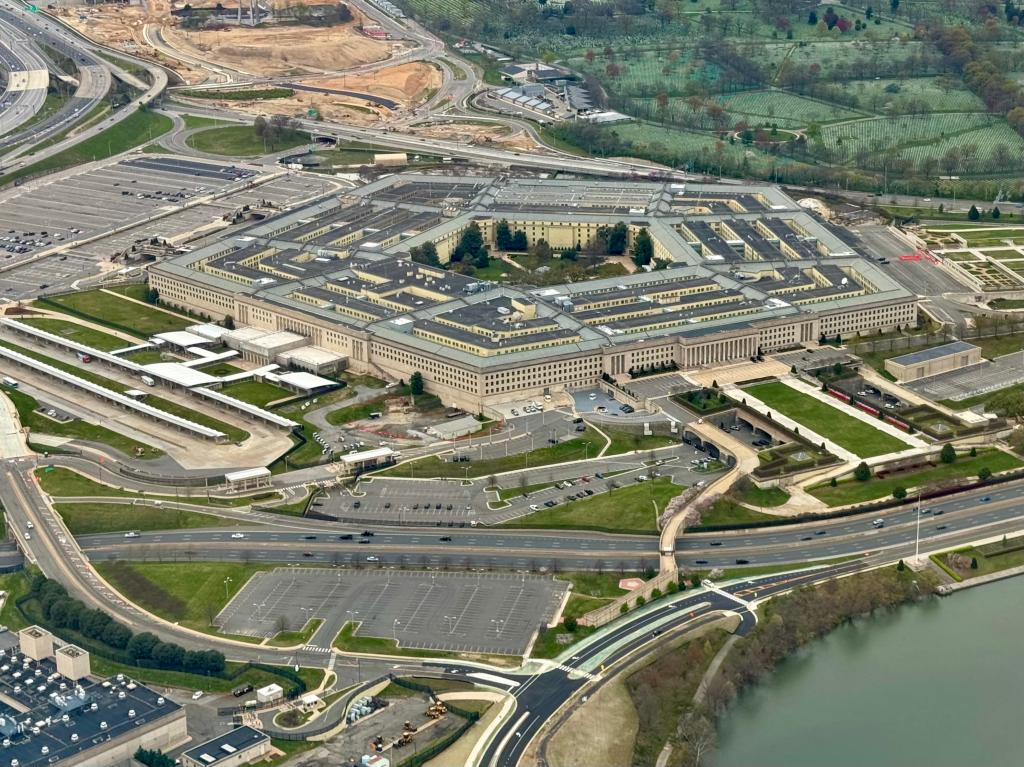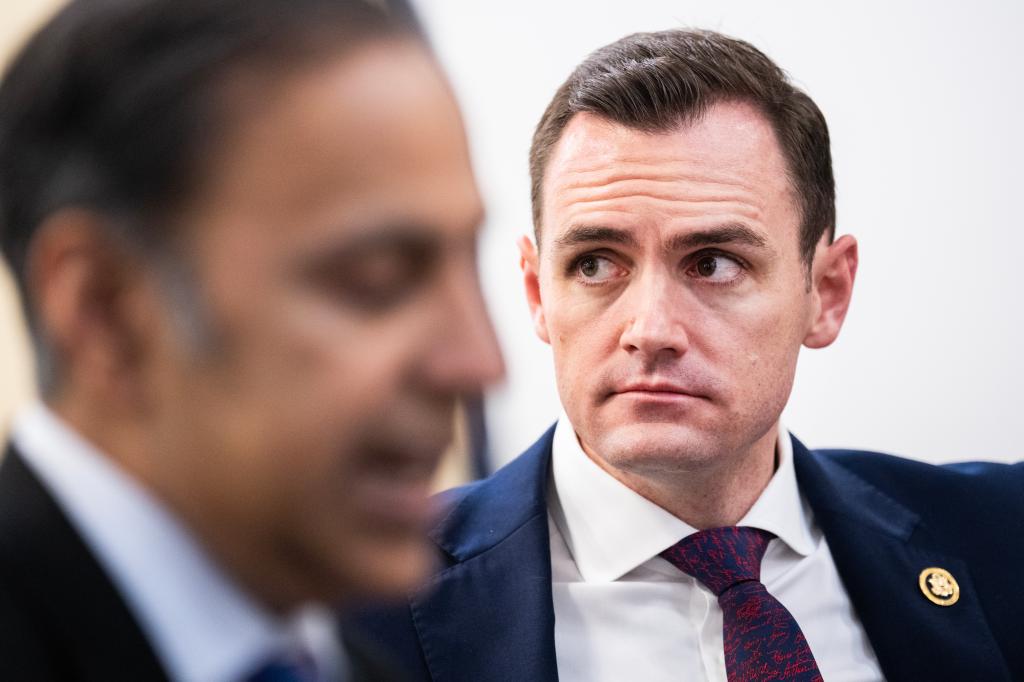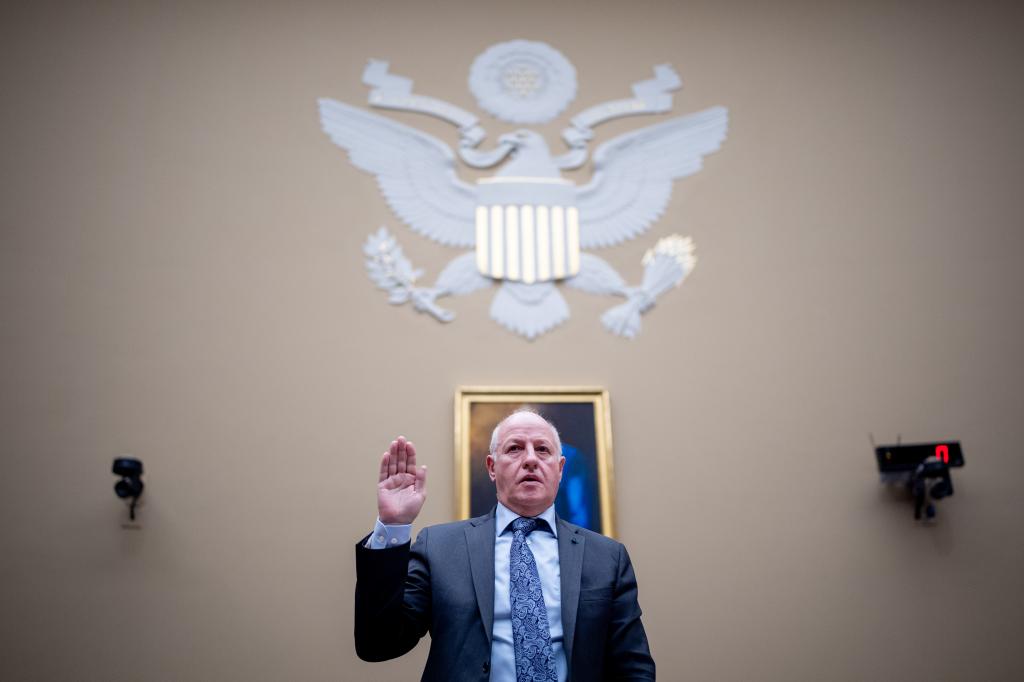Pentagon watchdog doesn’t know how much overseas gain-of-function research is done with US funds — despite $1.4B spent: report
The Pentagon’s internal watchdog admitted this week it doesn’t know how much research involving the enhancement of possible pandemic pathogens — also known as gain-of-function research — is being conducted in China or other nations, despite the department shelling out more than $1.4 billion in taxpayer money on research abroad between 2014 and 2023.
The Department of Defense Office of Inspector General released the inconclusive results Thursday of its congressionally mandated audit into funding that could have resulted in diseases becoming more virulent.
The 20-page report cited “significant limitations with the adequacy of data” — and said the Pentagon “did not track funding at the level of detail necessary to determine whether the DoD provided funding to Chinese research laboratories or other foreign countries” for the risky experiments.
The Pentagon prohibits such research and classifies it as “offensive biological work,” according to the report, which concluded the “full extent” of defense funding for it “is unknown.”
However, at least seven primary grants of more than $15.5 million were found to have flowed through subrecipients to “contracting research organization[s] in China or other foreign countries for research related to potential enhancement of pathogens of pandemic potential.”
Defense officials told auditors that the experiments did not involve “strengthening” any viruses.
Between 2019 and 2020, the US Army Medical Research and Development Command also gave more than $6.5 million in grants to WuXi AppTec, a controversial biotech company with ties to the Chinese military, “to test antivirals in cells and in animals” with non-enhanced pathogens, including the SARS-CoV-2, Dengue, Ebola, and Chikungunya viruses.
An unredacted version of the report reviewed by The Post further shows $2 million in grant money was used to infect cells and animals with “non-modified” SARS-CoV-2 in China and India in 2021.
Another grant of nearly $1.6 million involved exposing mice to Dengue and Ebola viruses that were “enhanced or modified” in Belgium and the United Kingdom in 2015.
In total, the audit covered 12,660 grants amounting to more than $1.4 billion.
Reps for the IG’s office did not immediately respond to a request for comment.
Sen. Joni Ernst (R-Iowa), who led the charge for including the audit requirement in the 2024 National Defense Authorization Act (NDAA), told The Post that the results were “alarming.”
“Washington hasn’t learned any lessons from COVID-19,” Ernst said.
“Without my calls to audit DoD spending, these dollars wasted on our adversaries would have never been unmasked.”
Ernst also said her TRACKS Act would “require every penny sent to China or any other country of concern be accounted for and the receipts be publicly posted.”
Sen. Gary Peters (D-Mich.), who as chair of the Homeland Security Committee helped advance legislation to bar federal agencies from contracting with WuXi AppTec, joined with former House Select China Committee chairman Mike Gallagher (R-Wis.) in February to call for sanctions and an investigation.
Dr. Richard Ebright, a molecular biologist at Rutgers University, called the IG report evidence of “gross negligence,” saying it would have been “much better for the DoD to have set taxpayer dollars on fire.”
“The DoD used US taxpayer dollars to fund bioweapons-agents discovery and bioweapons-agents enhancement programs in China and other foreign countries,” Ebright told The Post. “It neither placed conditions on uses of the funding, nor monitored uses of the funding, nor has records of any result or product of the funding.”
The research, he claimed, was evidence of “misfeasance” as it had “violated the pause on federal funding for gain-of-function research in effect in 2014-2017 or the requirement for risk-benefit assessment prior to federal funding of enhanced potential pandemic pathogen research in effect in 2018-2024.”
Keep up with today's most important news
Stay up on the very latest with Evening Update.
Thanks for signing up!
“To the extent [of] funding advanced weapons programs of adversary nations, this also may be treason,” Ebright added. “There needs to be accountability for former and current officials who allowed this to occur.”
At least $46.7 million spread out over 13 projects funded by the Defense Threat Reduction Agency (DTRA) went to the since-suspended federal grantee EcoHealth Alliance — which also received other federal funding for gain-of-function research on bat SARS viruses at the now-infamous Wuhan Institute of Virology (WIV) before the COVID-19 pandemic, according to National Institutes of Health (NIH) officials.
The report states that “none” of the DTRA funding “was allocated to China, its affiliates, or for research involving enhancement of pathogens” but, rather, for “pathogen‑related biosurveillance studies and training.”
Manhattan-based EcoHealth has denied that the NIH funding supported gain-of-function experiments — or that any of its research could have led to the pandemic that killed more than 1.1 million Americans.
“The auditors could not assemble an accurate picture of how DoD funds were spent on dangerous pathogen research outside the US from 2014-2023, including the most dangerous class of research,” Bryce Nickels, a Rutgers professor of genetics and co-founder of the pandemic oversight group Biosafety Now, told The Post Friday.
“This is disgraceful but not surprising, given the recent revelations about another government agency’s poor oversight of EcoHealth Alliance’s overseas activities.”
The watchdog report concludes that “it was not possible … to identify a single source that encompasses all pathogens of pandemic potential,” something for which Ebright called in his testimony before the Senate Homeland Security Committee earlier this week.








